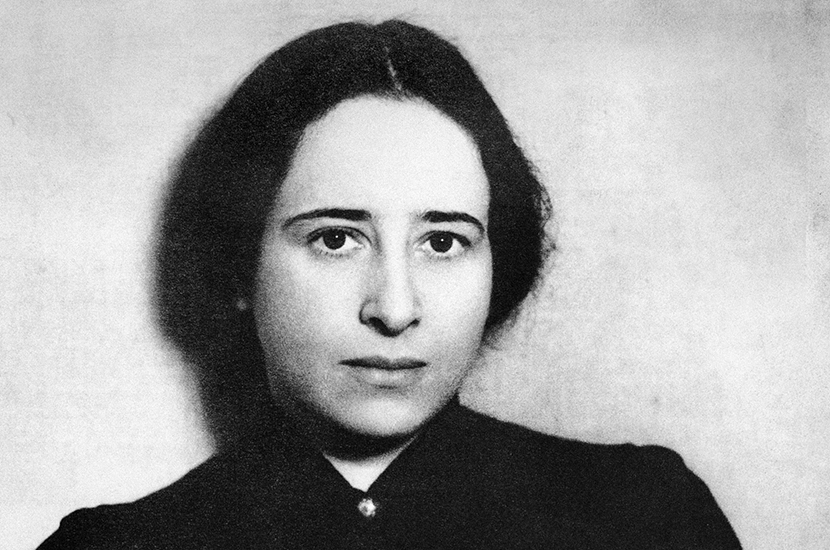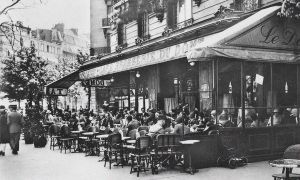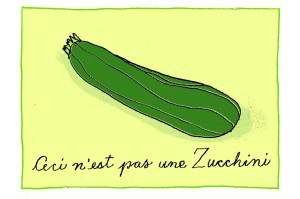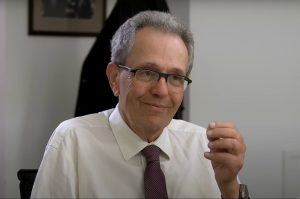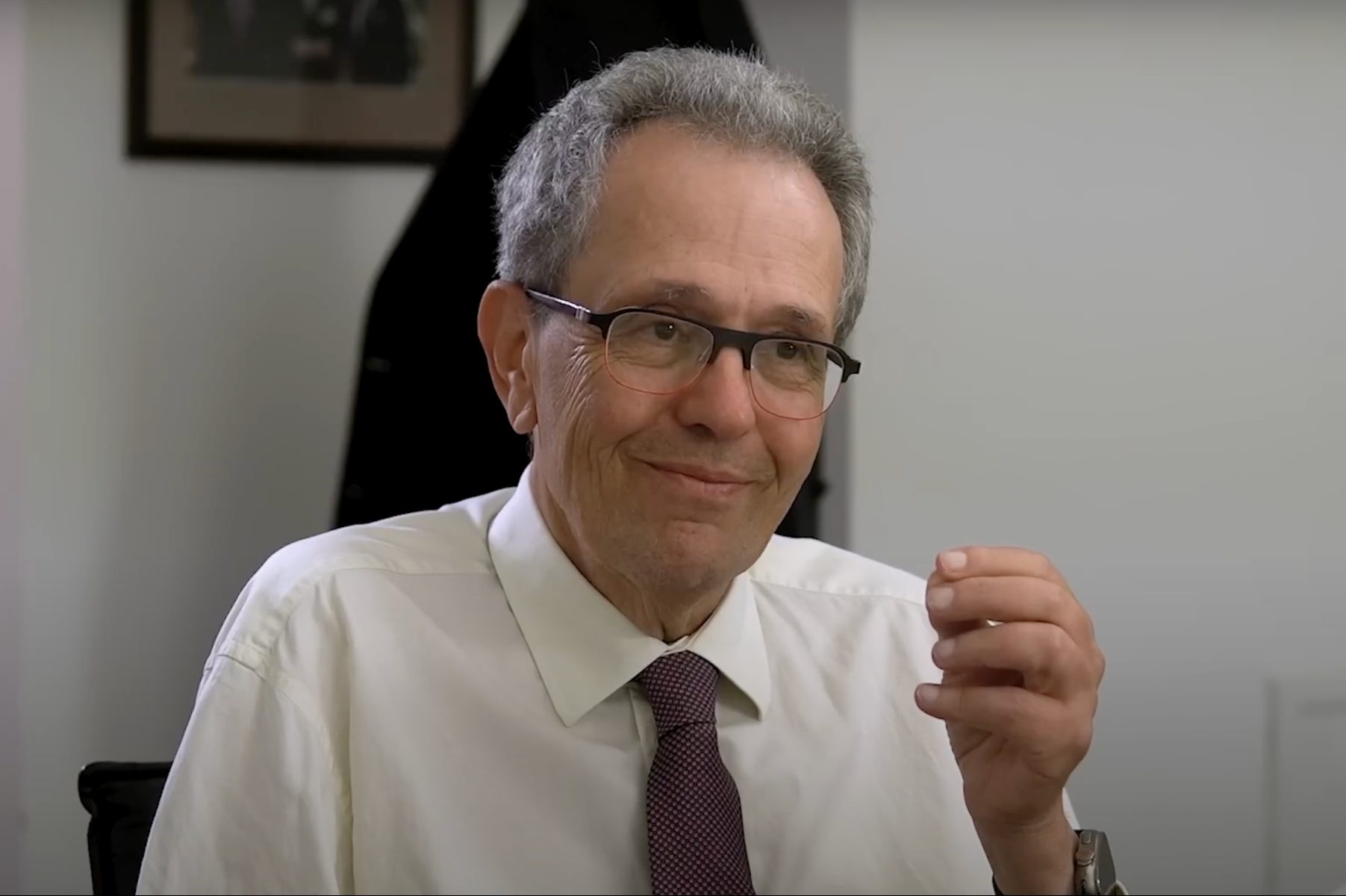The three of us — me, Catriona and her daughter Skye — were having a wash and brush-up before going out for a meal at a restaurant in the village, when we learnt that President Macron’s smooth dishonest face had just addressed the nation on TV and told it that he had ordered bars, cafés and restaurants and all places of entertainment to be closed until further notice. The news both exhilarated and disappointed: real life had begun in earnest but the bars were shut. Skye assembled a round of gin and tonics and we three settled down in a row with our feet on the coffee table to make our own evening’s entertainment, the first perhaps of many. Starting as I meant to go on in fast-setting new reality, I confessed to them that I had fallen in love with an elderly Jewish woman called Hannah.
Unfortunately, she died in 1975. Born in Hanover in 1906, Hannah Arendt studied philosophy at Marburg University under the philosopher Martin Heidegger in a very literal sense and their passionate on-off affair endured until she died. For her philosophy doctorate at Heidelberg University she studied under the philosopher Karl Jaspers. She loved him passionately too. Hannah Arendt went on to marry twice: first to another, less well known philosopher, then to a working-class gentile autodidact.
Hannah and I first met through the presenter Melvyn Bragg. She was the subject of an In Our Time broadcast I’d listened to completely by accident. (I thought I’d chosen one about Papal infallibility.) This, in turn, led me to her book The Origins of Totalitarianism. Catriona and Skye kindly agreed to indulge my infatuation by listening again to the In Our Time program on the BBC Sounds app. While it played, Catriona stared at the fire and Skye sketched.
As lately described in the newspapers, academics appear to be a lot of halfwits and weirdos. The trio that volunteered to be grilled by Melvyn about Hannah were emphatically neither. They were intelligent, articulate, witty and curiously fervent in their admiration for this woman and her uniquely ideology-free contribution to 20th-century political theory. Her The Origins of Totalitarianism, they agreed, reads like a thriller.
It does. However, I picked it up with a serious intent. I hoped that she might explain to me why the world is unrecognizable even from the one five years ago. What combination or opposition of political forces, for example, could result in a policeman knocking on your front door and advising you to check your thinking? In Britain. Was this perhaps a symptom of some new, weird form of totalitarianism? Or is it merely the tide going out? I wanted to know. Because unless someone qualified is willing to explain this flight from common sense in terms I can understand, I just want to die.
Actually, The Origins of Totalitarianism is misnamed. It is, rather, a close analysis of the political and social conditions that gave rise, in particular, to communism in Russia and to anti-Semitism in Germany. Nevertheless there are plenty of spooky parallels with today that one can seize on. Or, as in my case, you can forget about comparisons with today and simply enjoy it, while marveling at the scale and objectivity and life experience of the brain behind it. When the program had finished, we had another gin, each of us privately wondering, in the light of what we had just heard from President Macron, whether a pandemic and smashed global economy would make totalitarianism more or less of a likelihood in years to come.
‘What shall we do next?’ said Catriona.
TV was out of the question because we ain’t got one. Someone suggested we smoked a joint. This was agreed on, with reservations from Catriona about the inordinate strength of the weed provided by our current supplier — long dead — which usually comes out of the drawer only for coronations, royal weddings and national emergencies.
Skye rolled it in a slim panatella style with a skill disquieting to her mother. ‘Only put a little in,’ we advised. The joint was ignited and went round a couple of times. Then I propped up the iPad and made them watch an hour-long 1964 black and white interview with my love, in German, with subtitles, interviewer and interviewee blowing great plumes of cigarette smoke into the studio light. Here Hannah Arendt is 55. An interesting face at first sight but no beauty. Then she speaks. What a woman! Stoned out of our minds on a few puffs, we watched in awed silence, hanging on every word, every clause, every sentence. I thought that if Hannah Arendt were the dictator of a totalitarian regime, and I one of her ‘indifferent’ masses, I’d be as galvanized by her charm as by her intellect. Unfortunately, 10 minutes in Catriona began to lose consciousness and had to be put to bed, and we had to pause the interview.
This article was originally published in
The Spectator’s UK magazine. Subscribe to the US edition here.



